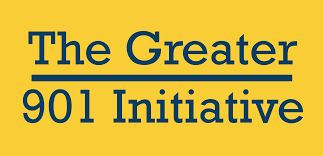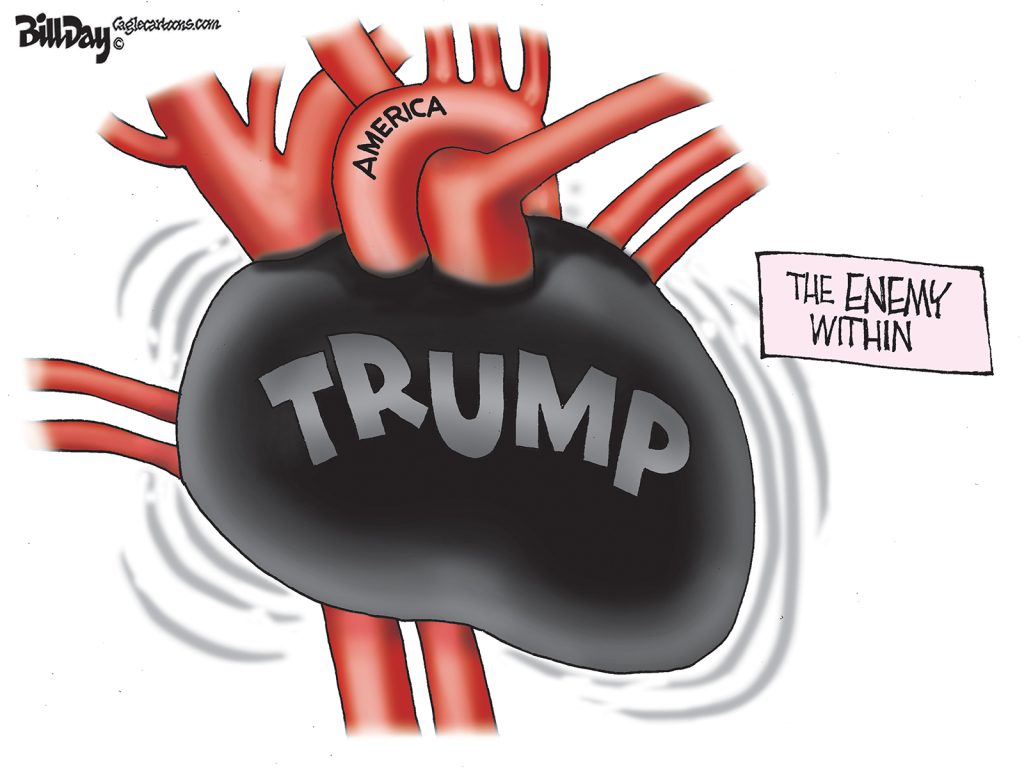It’s the time of year when Memphis voters get flooded with endorsement mailers, but they will be hard-pressed to receive one that raises more questions and suspicions than the “scorecard” from Greater 901 Initiative.
It bills itself as a “grassroots, non-partisan, community-driven organization,” but that level of hyperbole isn’t backed up with the names of any of that grassroots involvement while the organization seems to lean right and Republican.
Or as one wag put it: “It’s grassroots in the sense that the Memphis Country Club is grassroots.”
Organizers of the political action committee refuse to release the names of the funders and does it while calling for elected officials to be transparent and accountable. It conjures up the famous adage of John Selden – do as I say, not as I do.
Subjective Grading
Greater 901’s entry into the election season came several months ago with a poll that attracted a great deal of criticism and serious questions about its methodology. Since then, it has worked more quietly and its impact has been negligible.
That changed with the mass mailing of the “report card” grading every candidate for mayor and City Council in four areas – public safety plan, economic development plan, local and state legislature, and past performance experience.
It had said that its “scorecard” would focus on crime, economic development, juvenile programs, and court reform, but there is nothing about juvenile programs and court reform at this point.
Leading up to the report card, Greater 901 Initiative has conducted “tracking polls” and these seem to be intended to establish it has a source of data and analysis; however, the suspicions about the polls deepened with the release of the report card.
It is a heavy dose of subjective opinions injected into the grading system. And to some eyes, it appears to be a desperate attempt by White insiders to have more influence with the next City Council.
Building Connections
In the scorecard, each candidate was given an overall grade and then graded in each of the four priority areas.
The report card stood out for several reasons that stemmed from the treasurer of the Initiative being Chance Carlisle, brother of City Council member Chase Carlisle.
The highest overall grade was A- which just happened to go to the treasurer’s brother and to incumbent Council members who just happen to vote often with him and to Council candidates who would be expected to do the same.
In that way, the purpose of this report card’s grades should be seen in a raw political lens rather than as a honest assessment of candidates for public office. There are several other hints that this is the case.
First, the Initiative’s website suggests that candidates’ answers to its questionnaire were seminal to determining grades. That’s when the grading “system” runs off the tracks.
Grades were given to candidates when they did not even reply to the questionnaires. It is tantamount to misleading voters when the more honest way to handle this would simply to be to write “did not reply” next to a candidate’s name. Instead, at this point, some unidentified people gave them a grade anyway.
Were they psychic enough to discern the answers and opinions for all of the candidates who did not answer their questionnaires?
Of course, voters don’t know who was grading the candidates because almost everything about the Greater 901 Initiative is hidden from view. We don’t know who’s financially backing the PAC, we don’t know who’s setting the grades, we don’t know the process followed to determine the grades, and that’s the way they like it.
It is diametrically opposite to a truly grassroots effort some years ago that recommended candidates, but graded candidates it interviewed, and it told who conducted interviews and determine the recommendation. The entire process was transparent and the group diverse.
Grading On The Curve – To Get The Results You Want
For an example of the way the scorecard set out to smear some candidates, consider Meggan Wurzburg Kiel, candidate for Council District 5. She received D’s in three of the four categories although she did not even answer the questionnaire. She likely knew that the fix was in and there was no way her opponent, Philip Spinosa, was not going to get the higher grade.
Her instincts were right. Unsurprisingly for anyone who knows the people behind the report card, Ms. Kiel’s opponent, Philip Spinosa, got A-, raising questions about whether there is coordination between the PAC and his and other campaigns.
In other ways, it feels like some higher grades were given out so the PAC backers can hedge its bets in the upcoming election and protect their ability to get their calls answered. For example, the PAC considers Floyd Bonner, Willie Herenton, and Paul Young as the three major contenders and they received respectively A-, B+, and B+. Van Turner got a lower grade that came from two D+ marks on his report card – again, despite the fact that he didn’t answer the PAC’s questionnaire.
In the entire scorecard, only two A+ grades were handed out – to former Mayor Willie W. Herenton and Councilman Edmund Ford Sr. for “past performance experience.”
All in all, the report card exudes the impression that the scorecard’s outcome was predetermined. It’s a safe bet the organizers of the special interest group knew who it was going to boost with good grades before it even mailed out its questionnaire.
While the PAC is clearly seeking elected officials who share its “lock ’em up” crime philosophy, another purpose of the report card may be to resurrect a City Council vote on city-county consolidation. By electing a majority of the new City Council members and making them indebted to it, it can make another run at eliminating city government and having it subsumed into county government. PAC backers have an exaggerated opinion on what such a merger would mean for Memphis and Shelby County, and although its last push for consolidation failed, it could again pursue this as the alchemy it believes would solve all of our community’s challenges.
All in all, the scorecard is a manipulation that underestimates the ability of the public to see it for what it is.
**
Join us at the Smart City Memphis Facebook page and on Instagram for daily articles, reports, and commentaries that are relevant to Memphis.





Very good analysis about the questionable “grading” of municipal candidates by the mysterious and not-so-transparent 901 Initiative.